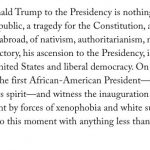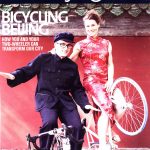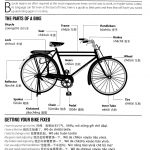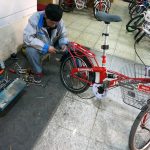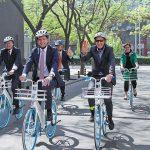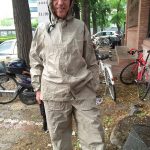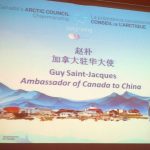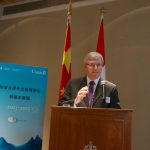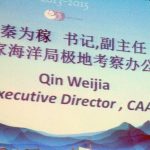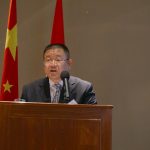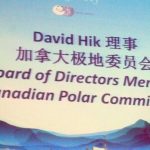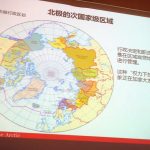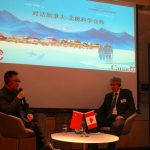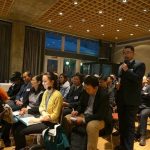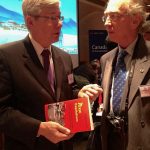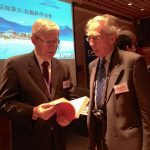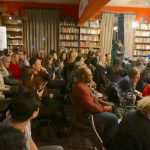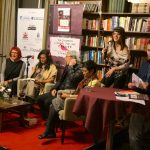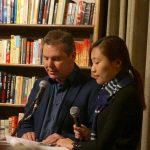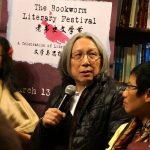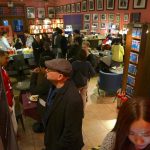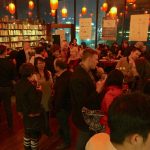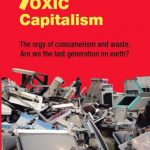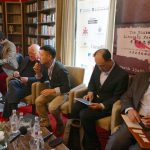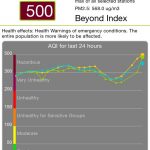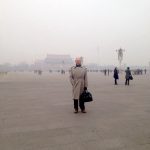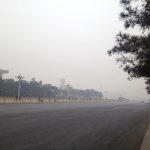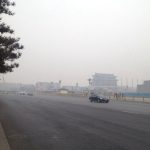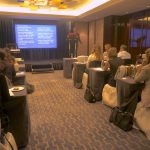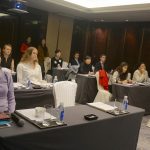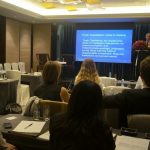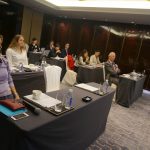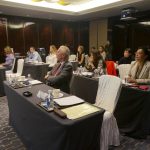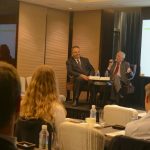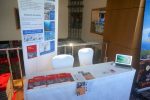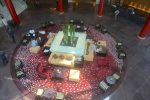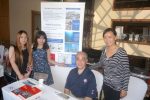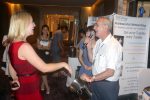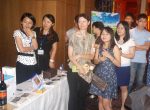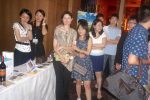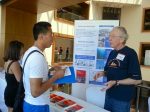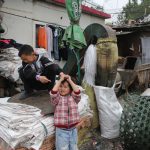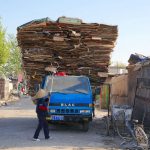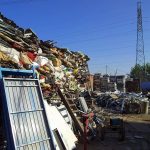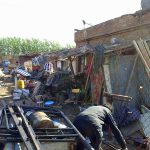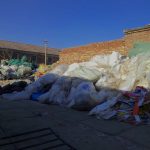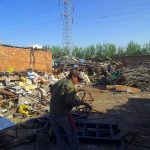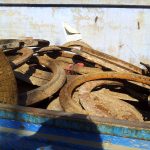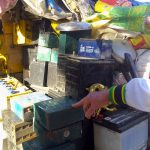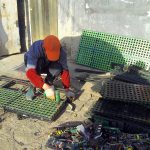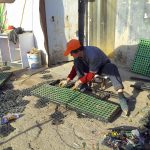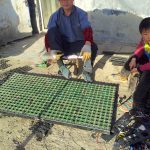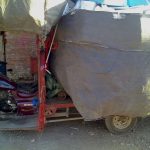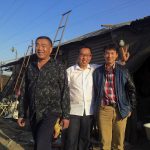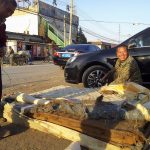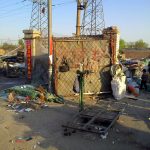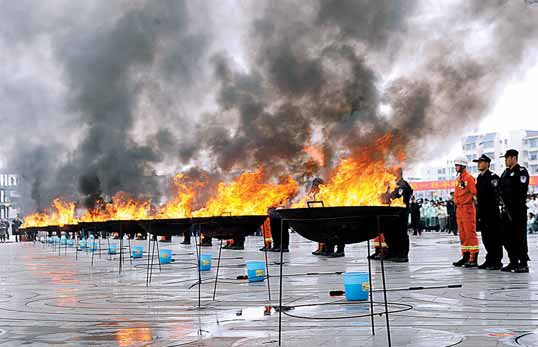An American Tragedy
A dark day for all of us, sorry, minus the 50% of the USA who show how far ignorance can lead towards tragedy. And oh yes, probably the Russians are celebrating (and maybe China a little bit too).
The following article sounds much like an obituary:
An American Tragedy – By David Remnick – The New Yorker
9 November 2016
http://www.newyorker.com/news/news-desk/an-american-tragedy-donald-trump
“The election of Donald Trump to the Presidency is nothing less than a tragedy for the American republic, a tragedy for the Constitution, and a triumph for the forces, at home and abroad, of nativism, authoritarianism, misogyny, and racism. Trump’s shocking victory, his ascension to the Presidency, is a sickening event in the history of the United States and liberal democracy. On January 20, 2017, we will bid farewell to the first African-American President—a man of integrity, dignity, and generous spirit—and witness the inauguration of a con who did little to spurn endorsement by forces of xenophobia and white supremacy. It is impossible to react to this moment with anything less than revulsion and profound anxiety.”
A break with the Obama legacy
Oh well, the GOP always hated President Obama. He was too intelligent. Reason why none of the intelligent candidates from the GOP made it anyway. Pity, there were some excellent ones.
The GOP finds all wrong with Obama, playing obstruction and refusing cooperation on anything, just to boycott. Then they blamed him for “not doing anything”.
Actually his record is pretty good, despite the obstructions.
Even looking closer at “Obamacare” the evaluation is pretty positive, despite the hoopla against it.
Democracy has reached a dead end
On the Democrats side, it is a pity Bernie Sanders did not make it. I liked the guy and many of our ideas match. The party also could not really find a better candidate than the controversial Hillary? Anyway she was the lesser evil.
It happened with Brexit, with the failed “democracy” in Thailand and in other countries, it is the victory of ignorance and demagogy.
Of course the big question is, how did this happen? It seems pretty clear the Trump camp was motivated against Hillary. But it was also rejection of the political establishment, a revolt by people who felt left behind and that nobody was addressing their problems. Income inequality, fear of the Muslim extremists, feeling of rising crime, invasion of migrants, and so on. Trump played skillfully on that while proposing unworkable solutions – but solutions that appeal to those who are unhappy with the political system. Trump predicted that all himself in People Magazine 1998.
It was a vote less for Trump than against the establishment.
President Obama had launched an excoriating attack on Trump, saying: “It’s bad being arrogant when you know what you’re talking about, but it’s really bad being arrogant when you don’t know what you’re talking about.” Great observation and applies to a number of people. But 50% of the electorate cannot think rationally and is easily misled.
China
That all gives ample ammunition to countries as China to validate the failure of democracy.
As the vast majority agrees in China, the country is not ready for democracy, as it would bring chaos. So, no thanks.
China is going through a very difficult time. To protect the survival of the system, the government is eliminating as much foreign influence and “meddling”. Censorship on all levels has been increasing with ferocity. Now China can go ahead and do whatever it thinks is best for the country. And nobody has now any standing to criticize nor “interfere”.
Europe also has little leverage. They complain about China but ask for their money.
Now we have to see how things will go in Europe. Marine Le Pen is happy, a sign of further trouble.
So what now?
I close the chapter with looking at some representative cartoons and quotes, yeah some will say “we had the last laugh”.
Just to bury this all and leave it as such. Comments closed.
I really must start writing my next book. Bernie could like it.
And maybe better to ignore all American politics, to avoid a bad mood. Let them sort it out.
Maybe I should apply for membership to the Chinese Communist Party? Tough luck, I would not qualify.








